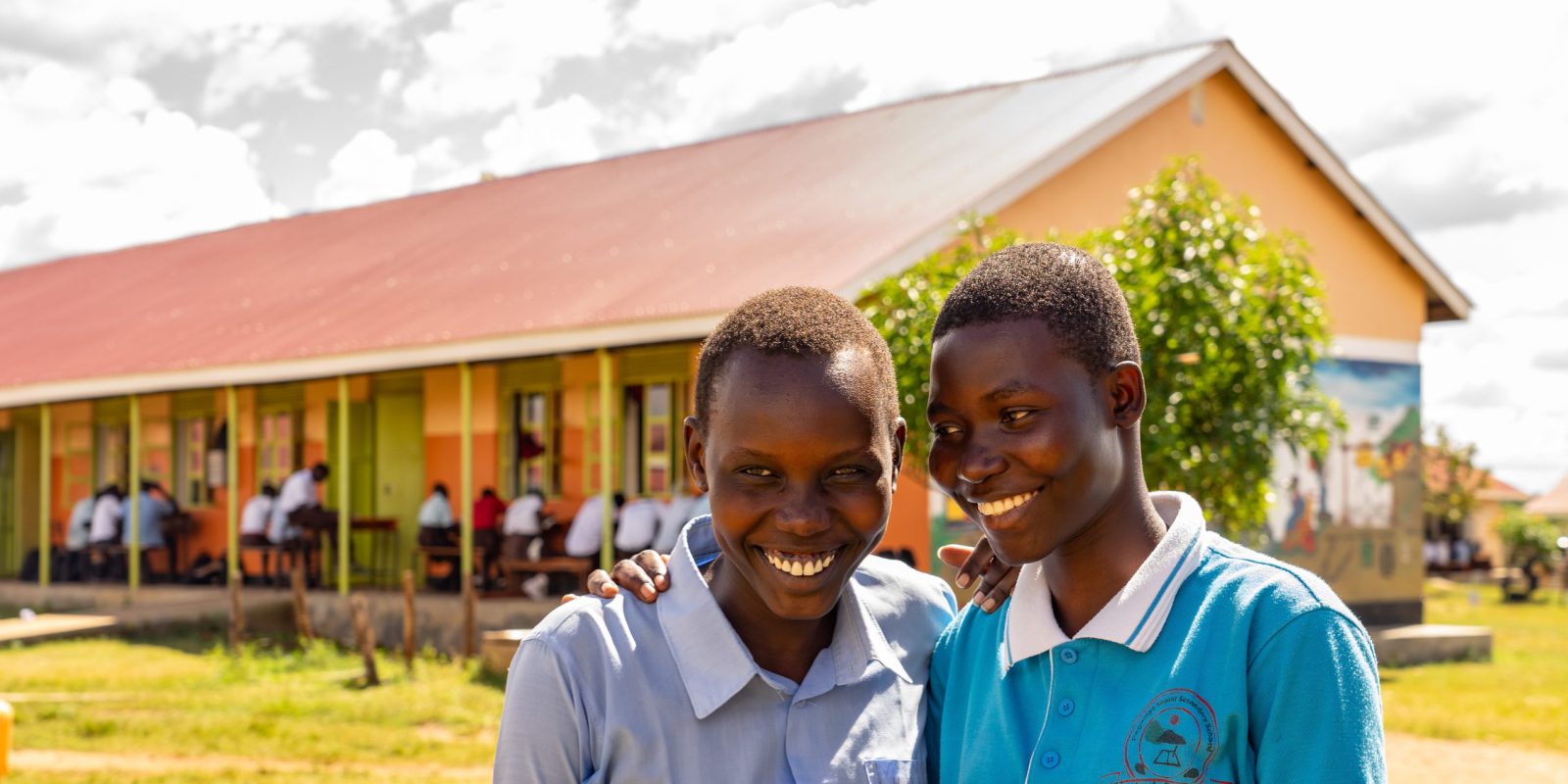JRS: Addressing Needs of Refugees and Internally Displaced Persons Alike
19 August 2019|Susan Martin, JRS/USA Board Member, Donald G. Herzberg Professor Emerita of International Migration, Georgetown University
In June 2019, the UN High Commissioner for Refugees (UNHCR) released its newest data on global displacement. Total levels of displacement at the end of 2018 exceeded 70 million for the first time in the agency’s reporting. About 25 million are refugees, most of whom have fled across borders to escape violence and repression. Significantly, almost 60 percent (41 million) of those counted are still within their own countries. Newly released data from the Internal Displacement Monitoring Centre (IDMC) reports 10.2 million new internal displacements associated with conflict, 7.4 million of whom are in Africa. There were also an additional 17.2 people internally displaced from disasters. 1.1 million people were reported as new refugees, according to the UNHCR.
JRS responds to the needs of both groups, often within the same country. South Sudan is a case in point. JRS provides training for teachers, school materials, a daycare for disabled children, home visits, counseling, and emergency assistance. It also coordinates social centers for refugee women while providing them opportunities to learn tailoring, life skills, and gain psychosocial support. In Yambio, JRS provides education scholarships to girls attending secondary school, sanitary kits to young women attending school, and teacher training scholarships to assist with diplomas and education degrees. JRS also provides a community and school-based peace building initiative that uses mediation and workshops for encouraging reconciliation rather than violence.
JRS Burundi began working with internally displaced Burundians in 1995. After the return of relative peace to the region, the Jesuit Refugee Service shifted its support to the integration of more than 500,000 former refugees who began returning home from Tanzania in 2002. Civil conflict began again in 2015, however, and a new rebellion is having disastrous consequences for Burundi. Since that time, JRS has ramped up our efforts to serve displaced Burundians and refugees once again.
Across the Atlantic Ocean, JRS Colombia began its work in 1995, serving IDPs of the country’s civil war. Today, JRS Colombia continues to provide legal, psychosocial, and emergency assistance to those who have been forced to leave their homes. JRS contributes to local integration efforts through livelihood and community participation programs. With many new arrivals from Venezuela, JRS Colombia also provides humanitarian assistance and legal support to Venezuelans.
The flexibility that allows JRS to respond to need first, not to the labels—refugee or IDP—often used to describe the affected population is what sets us apart. This makes sense since our mission is to accompany, serve and advocate for those who have been forced to leave their homes and sometimes their families, regardless of whether they cross a border or remain within their own country.



